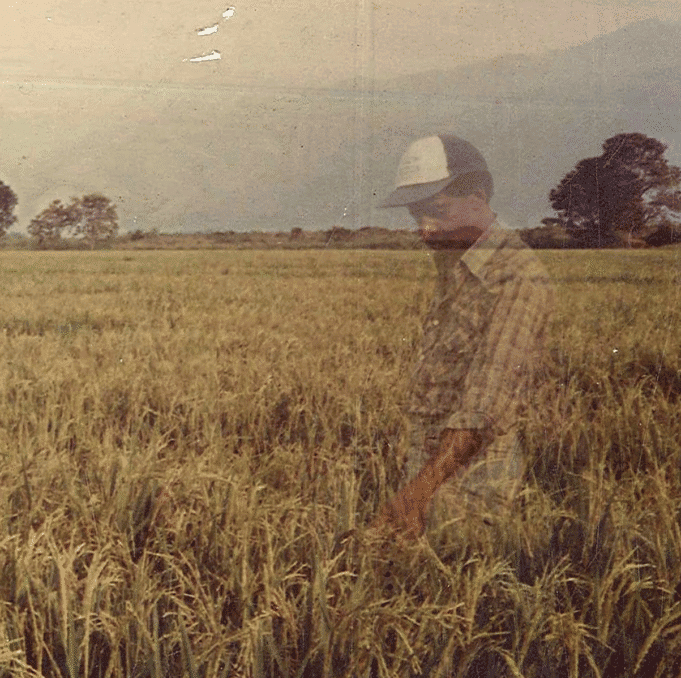Directed by Ángela Carabalí
2025 | Documentary
Documentary Will They Ever Come Back was shown at Hot Docs festival (as I Dreamed His Name) in Toronto and at the SF Film Festival.
Ángela Carabalí is seven years old when her beloved father disappears in the countryside of Colombia. Thirty years later she and her sister Juliana set out to find what happened to him. Ángela dreamed his name more than once, where her father asked his daughter to find him; and she knew she had to make this journey.
With the help of her sister Juliana and key memories from other family members – mother, brother, and grandmother – she begins driving from her home in Medellin to the rural areas where her father Esau Carabalí Brand worked with Indigenous and Afro-Colombian farmers, who raised rice and sugar cane.
Along the way to Cauca Province, Ángela experiences trepidation as she ponders the realities of her journey through a “red zone” rife with drug traffic, paramilitaries, land tenure issues and racial inequalities.
She leaves the highway and detours in the rain through a sugar cane field to a tiny farmhouse. Here she visits with her paternal grandmother. Sitting in a rocking chair, the elder recalls clearly her son Esau before he became a desaparecido – one of the disappeared ones.
The nation of Colombia has the most forced disappearances on the continent, Ángela says in her very personal documentary. The civil war in Colombia continued from 1964 to a troubled peace in 2017. For the families of the disappeared ones, grief and questions remain.
The nation of Colombia has the most forced disappearances on the continent, Angela says in her very personal documentary.
In this 90-minute film with Ángela’s narration and the excellent work of cinematographer Liberman Arango, we see precious mementos laid out with care before the camera – small photographs of father Esau and his family, letters, his handwritten notebook. In one sequence the family photos are covered with rice, before rice grains are pushed aside gently to reveal faces. In another moment, the camera focuses on dozens of photos as Ángela turns them right side up, one by one, and someone calls out the names of dozens of disappeared ones. We are shown Esau’s LPs, his cassette tapes, the books he read. This husband, father, farmer and labor organizer is remembered, deeply loved, and deeply missed.
First the Carabalí sisters approach the tribal lands of the Indigenous peoples, whose guardians ask the reason for their visit. They wish to speak with Mr. Noe, who was a friend and mentor to their father, and they are granted permission to enter. Powerful moments here where Ángela and Juliana hear the elders recall their dad with affection and respect.
To help them on their journey and to ease their grief, the Indigenous elders perform traditional ceremonies with herbs and provide a public altar laden with food and symbolic images. Music and dancing accompany prayers for success of their quest.
And the miracle the siblings seek does happen. Esau comes to Ángela in one more dream, and tells her what she needs to know.
A deeply respectful search into a subject still considered delicate and dangerous in Colombia today. A memorable instance of the spiritual world reaching across to those still in human form.
“Like the river to the mountain
Your memory stays with me.
I carry you in my heart.”



